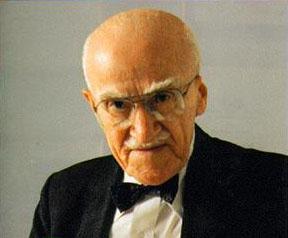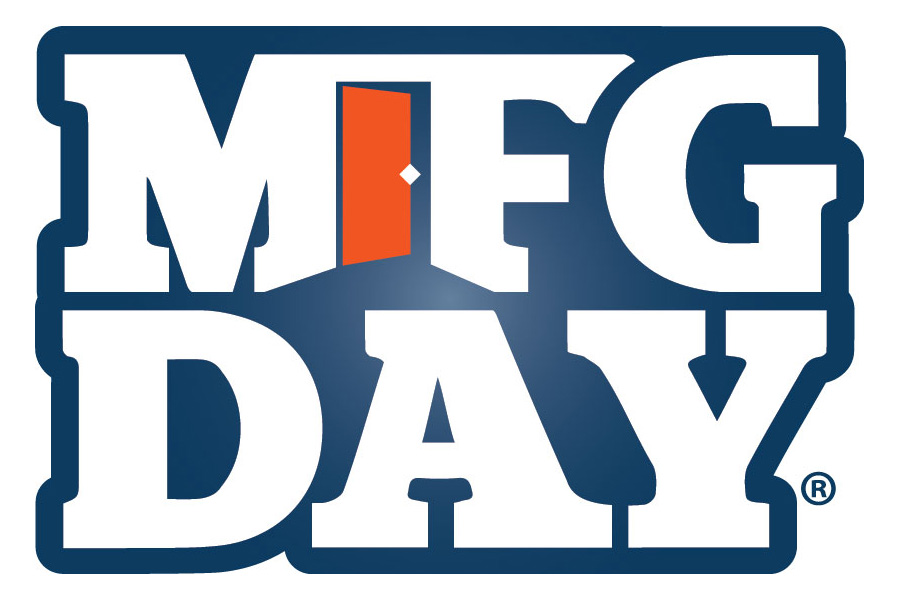Paul Borawski asked in his new post a simple/complex question:
Quality is, by nature, cross-disciplinary; encompass from engineering through philosophy fields; it is a complex and multifaceted concept. There are as many definitions of quality as people exist; so I encourage you to explore 3 sources where you can read a lot of different and all-interesting definitions of quality.
- Gurus and Standards: the very first post I’ve wrote in this blog was about the definitions of quality, where I exposed the most well known definitions by Gurus and Standards. Take at look at the post here.
- For the past World Quality Month, I asked people to write in a few words what quality means for them, and I got really good answers from all around the world. Check the answers here.
- It is worth a read how Paul Borawski listed different definitions of quality grouped as: Quality as Philosophy, Quality as a Personal Ethic, Quality in the Eyes of the Customer, Quality in the Eye of the Producer, Quality for the Enterprise in the article conducted by ASQ called the 2011 Future of Quality Study (page 39)
The definition I like and use whenever I have to tell somebody what quality means is a mix-made definition focusing on what Joseph Juran and ISO 8402 exposed:
“Quality is a characteristic / feature / property of a product or service that bears on its ability to satisfy / meet / fulfill / be conformance to and exceed stated or implied customer / consumer / user needs / wants / requirements / expectations, and thereby provide customer / consumer / user satisfaction.”
I like this definition because I think that every single aspect of quality has a customer / consumer / user that is going to “define” the quality of a product.
However, Is any definition “more correct” than the others? There still is no official definition of quality that serves all purposes. So, what do you think about this endless debate?
Because of this topic, the “Quote of the Month” I’ve selected is: “Reconsider your definitions. We are prone to judge success by the index of our salaries or the size of our automobiles rather than by the quality of our service and relationship to mankind.” ~ Martin Luther King Jr.






2 Comments
Cesar Diaz Guevara · January 15, 2013 at 7:26 pm
Excelent post Jimena!! A lot of ideas to build our own concept.
giuseppe · October 25, 2015 at 5:32 pm
IMO,
quality is a synonym of value.
It can be objective or subjective.
It refers to one or more characteristics.
It should be used to compare objects sharing same observer (objective or subjective)
and sharing the same characteristics.
I guess, I like it this way.
Thanks
giuseppe
Comments are closed.